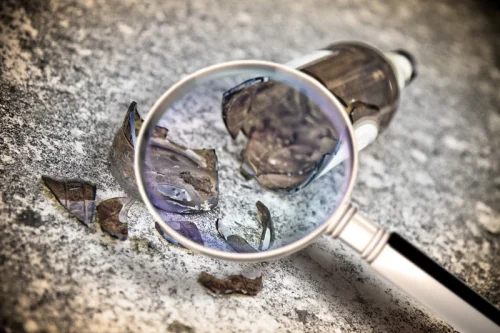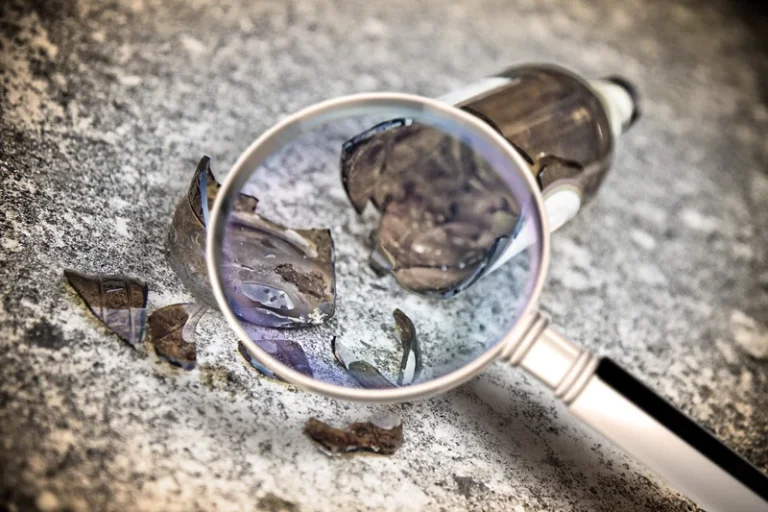
As with all things in life, moderation is key and there are things you can do to negate the effects of alcohol on your skin. ‘The NHS recommends no more than 14 units a week,’ says Dr Phillips, who also recommends going easy on the sugary cocktails and downing water in between drinks to boost hydration. Given the connection between liver function and skin health, address any liver issues. Abstaining from alcohol is the primary step, but medical treatment and lifestyle changes may also be necessary for liver recovery. Understanding this connection can help you determine how does alcohol affect your skin. Many patients don’t realize the toxicity of prolonged alcohol abuse and how it affects the body.

More in Health
- To fight them, your body uses antioxidants such as vitamin A, which decreases your overall levels of those antioxidants.
- They help neutralise free radicals, unstable molecules that can damage skin cells and contribute to aging and can stimulate cellular proteins called sirtuins.
Alcohol can have a variety of effects on our appearance, from the way your skin and eyes look, to your can alcohol affect your skin weight and body odour. Spider telangiectasis is given that name because of its appearance. Blood vessels (the spider legs) radiate out in all directions from a central blood vessel (its body).

The Effects of Alcohol on Skin

One study found that women who consumed eight or more drinks a week perceived themselves as looking older than those who didn’t drink (8). Along with urticaria (see above), patients may develop low blood pressure, diarrhoea, shortness of breath, and low heart rate (anaphylaxis). Even tiny amounts of alcohol may induce urticaria in people who have had a severe reaction previously, although allergy testing is often negative.
Immune System Impact
This is because drinking alcohol disrupts https://ecosoberhouse.com/ your sleep cycle, according to Drink Aware. Alcohol can impact the appearance of your skin in several ways. According to skin expert Kate Kerr, the sugar content of alcohol can encourage inflammation, which leads to cell damage – which results in issues like ageing, pigmentation, and hydration loss.
- “You may also notice a reduction in anxiety and an increase in energy and mental clarity which will create a healthier glow inside and out,” says Akram.
- In fact, giving up alcohol altogether is becoming a more popular choice among younger generations in the UK.
- The extent to which skin damage can be reversed may vary from person to person and hinges on factors like the duration and severity of alcohol abuse, genetics, and overall health.
- For those who abuse alcohol, this effect can become permanent, giving a very uneven, unhealthy-looking complexion.
- These substances may include bile salts, histamine, corticosteroids and opioids.
Support
Additionally, alcohol can cause flushing, a condition characterised by the dilation of blood vessels under the skin, resulting in a flushed or inflamed complexion. Many individuals overlook the long-term effects of alcohol on their skin health. Chronic dehydration can lead to persistent skin issues over time. Conditions such as dry skin or increased sensitivity may arise. Inadequate hydration results in rough texture and uneven tone.
As that pertains to superficial cells, it means that your skin looks more dull, and its texture is rougher. “It causes the skin to flush red and also for the blood pressure to be unbalanced. The blood vessels can over-stretch and leave unsightly spider veins and also cause the face and body to be puffy,” Dr. Bexfield told Glamour. This can result in dry, flaky skin and diminish its natural glow.

When the skin lacks moisture, it becomes less supple and more prone to damage. Dry lips are another common issue, making them cracked and uncomfortable. This means it increases urine Halfway house production, leading to dehydration.